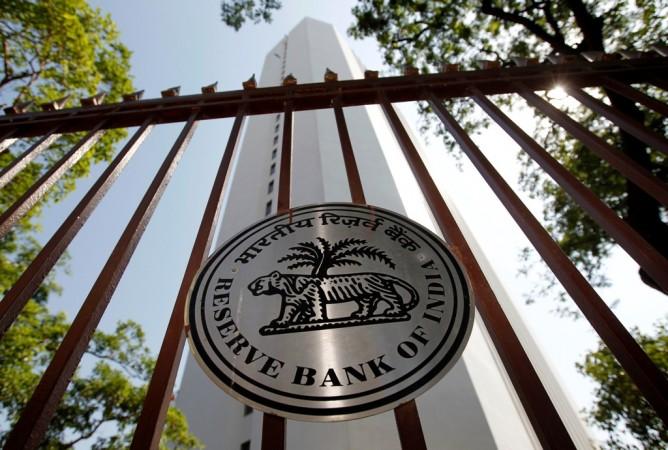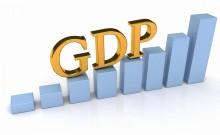
The Reserve Bank of India on Wednesday slashed key interest rates for the fourth consecutive time to give a boost to the slowing economy.
The central bank reduced the repo, or short term lending rate for commercial banks, by 35 basis points to 5.40 per cent from 5.75 per cent in its third bi-monthly Monetary Policy Statement for 2019-20.
The reverse repo rate was revised to 5.15 per cent, and the Marginal Standing Facility (MSF) rate and the bank rate to 5.65 per cent.
The six-member Monetary Policy Committee (MPC) also maintained its accommodative stance on the monetary policy.
"Addressing growth concerns by boosting aggregate demand, especially private investment, assumes the highest priority at this juncture while remaining consistent with the inflation mandate," the RBI said in a statement.
Repo rate is the rate of interest at which the banks borrow money from the RBI. The lending rates reduce when the central bank cuts the repo rate.
A repo rate cut means the failing of Marginal Cost of Funds based Lending Rate (MCLR) of a bank, which leads to low home loan interest rates and vice versa. All loans sanctioned by banks, including car loans and home loans, are linked to the bank's MCLR since April 2016.
The Chairman and Managing Director of House of Hiranandani, Surendra Hiranandani, said that the company welcomes the move and it will lift the industry sentiments.
"The real estate sector has been looking forward to such initiatives to boost sales. It will support growth and ease the liquidity crunch in the economy. We hope that the current rate cut would translate into lower EMIs and help soften home loan rates and also boost sales," he said.
He added that the rate cut would help ease the pressure off the market by attracting buyers to invest in the real estate sector. "Real estate sector is one of the few sectors which have the potential to kick start a sluggish economy," he said.
The RBI also revised real GDP growth for 2019-20 to 6.9 percent from 7 percent, in the June policy due to the weak domestic and demand conditions.
"Various high-frequency indicators suggest weakening of both domestic and external demand conditions," the MPC said in a statement.
"Taking into consideration the above factors, real GDP growth for 2019-20 is revised downwards from 7 per cent in the June policy to 6.9 per cent -- in the range of 5.8-6.6 per cent for H1:2019-20 and 7.3-7.5 per cent for H2 - with risks somewhat tilted to the downside," the statement said," the statement added.















